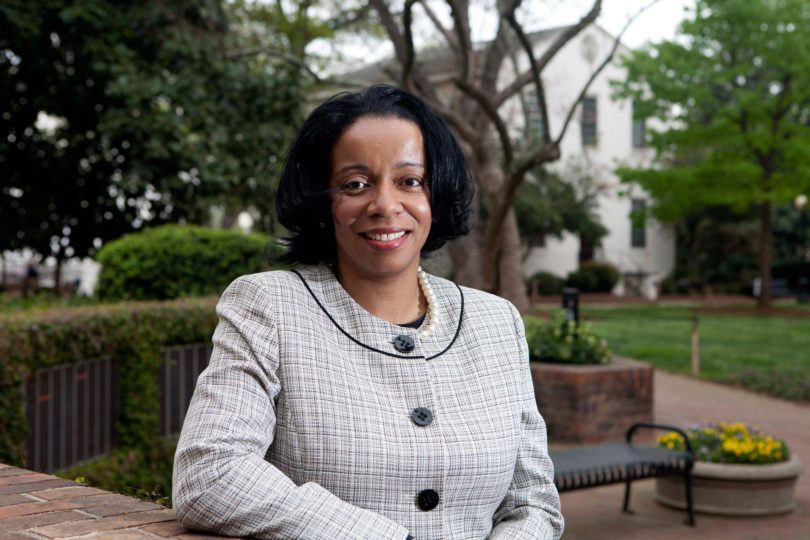From foreign language courses to First-Year Odyssey classes on Bollywood films and lectures on the Quran to African dance performances, diversity is all part of well-rounded education.
“Learning about other cultures and being culturally competent is essential to success in the 21st century,” said Michelle Cook, associate provost for institutional diversity.
Industry leaders say they want employees who are prepared to come to the workplace equipped with cultural competencies to work with anyone, regardless of their background, Cook said.
“The ability to engage with someone who is different from you and to still be able to be successful-I want that for every UGA student,” Cook said.
UGA has 37 cultural international student associations, including the Russian Student Association, the Caribbean Student Association, the Asian American Student Association, the Brazilian Student Association and the Japan Club.
There’s also the Pamoja Dance Company. Pamoja, which means unity in Swahili, started out as an African dance company, but now is an inclusive group dedicated to the love of dance. The group, which generally draws crowds of about 200 people to its performances, recently celebrated its 40th anniversary.
In fact, some of the university’s biggest events are focused on multiculturalism: the International Street Festival, which draws crowds of more than 5,000; the Face Off dance competition, which has an average attendance of more than 600; and India Night and Africa Night, which both draw crowds of more than 500.
The International Coffee Hour, held weekly during fall and spring semesters for the past 40 years, is another event that showcases UGA’s diversity. Each week, a different group hosts the coffee hour and features food and culture from around the world. Yearly, the event draws about 9,000 attendees.
The university’s 2020 strategic plan calls for increasing the diversity of the student body. Among some of the student initiatives are the African-American Male Initiative, the Georgia African-American Male Experience and the student-faculty mentoring program.
A diverse UGA faculty and staff also is something UGA strives for in the 2020 plan. Efforts in this area focus on recruitment, retention and informing faculty and staff about diversity.
Among those initiatives is the Diversity and Inclusion Certificate Program. Launched in 2012, the program offers training to faculty and staff on how to value and promote diversity at UGA. To date, 98 employees have completed this six-course program. That number will nearly double within the year as another 27 have completed the program and will graduate in the fall, and another 44 have completed five of the six classes. Program participants learn about disability access, the university’s non-discrimination and anti-harassment policy, LGBT awareness and communication among diverse groups. The idea is that certificate program graduates will act as diversity advocates in their workplace.
The Office of Institutional Diversity also offers classes and training to campus units that request them. Workshop topics range from engaging diverse groups to effective communication.
As for faculty recruitment, UGA has a subscription to diversejobs.com. Close to 80 units have their own logins, and, in a little more than two years, more than 250 faculty positions have been posted. UGA also works with the Southern Regional Education Board, which holds an annual Diversity Compact that brings together over 1,000 newly minted Ph.D.s or post-docs-all minorities. UGA attends these events to recruit Ph.D.s to come to the school.
To move diversity forward at UGA, Cook said faculty, staff and students need to celebrate difference.
“Everyone must realize that they not only contribute to the diversity that is UGA, but that they are all chief diversity officers,” she said. “Everyone has the responsibility of making the community a welcoming place for all people.”
UGA is midway through implementing its diversity plan. The office will report this fall on progress made and challenges faced.





